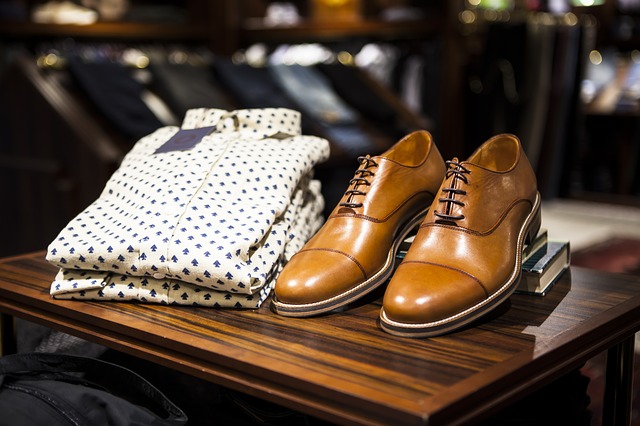Starting next week, tariffs will be imposed on goods coming from China. And, yes it will be passed on to the consumers.
Manufacturers have been bringing in shipments of their items sooner than the usual September and October target. This is to avoid the added cost and still be competitive for the coming holiday season.
On Sunday, September 1, 2019, a 15% tariff will take effect. This will affect clothing and shoes. There will be a second-half increase affecting electronics goods, game consoles and cell phones on December 15, 2019.
Even with the consumer strength still strong, worries for the fear of a recession. Consumers are slowly pulling back shopping. Mortgage rates have seen its lowest since 2016 but the surge in mortgage application remains flat.
Items that will be affected Sunday will be suits, jackets, pants, shorts- as well as TVs, diapers, coffee, whiskey, meat, cheese, and textbooks.
Sticker shock will be slow
Big box stores have been stocking up in anticipation of the trade war. Also, not all goods come from China. UBS stated that Walmart’s supply only covers 26% of its products and Target is around 34%.
Manufacturers are aware of these changes and will try to make the prices as stable as possible by making the packages smaller of using lesser quality materials.
Since they order in bulk, levies and extra costs could be absorbed by narrowing profit margins and looking into other suppliers for raw materials.
The Retailers will be hit hard with this levy
“The market is not realizing how much brick-and-mortar retail is incrementally struggling and how new 25% tariffs could force widespread store closures,” a report from UBS led by analyst Jay Sole said in a report.

Smaller retailers can’t absorb that much levies with the profit margins that they are working with. The National Retail Federation stated that “Tariffs can mean lower wages, fewer employees, deferred investments and higher prices for consumers.”
From furniture to high-end audio products will be affected by the levies and will absorb some of the cost and ultimately be passed on to the consumers later on.
It will definitely cost more
No one can tell the impact of the tariffs next week and the coming holiday shopping season. One thing is for sure, consumers will be the ones paying for the increase in prices in the long run.




